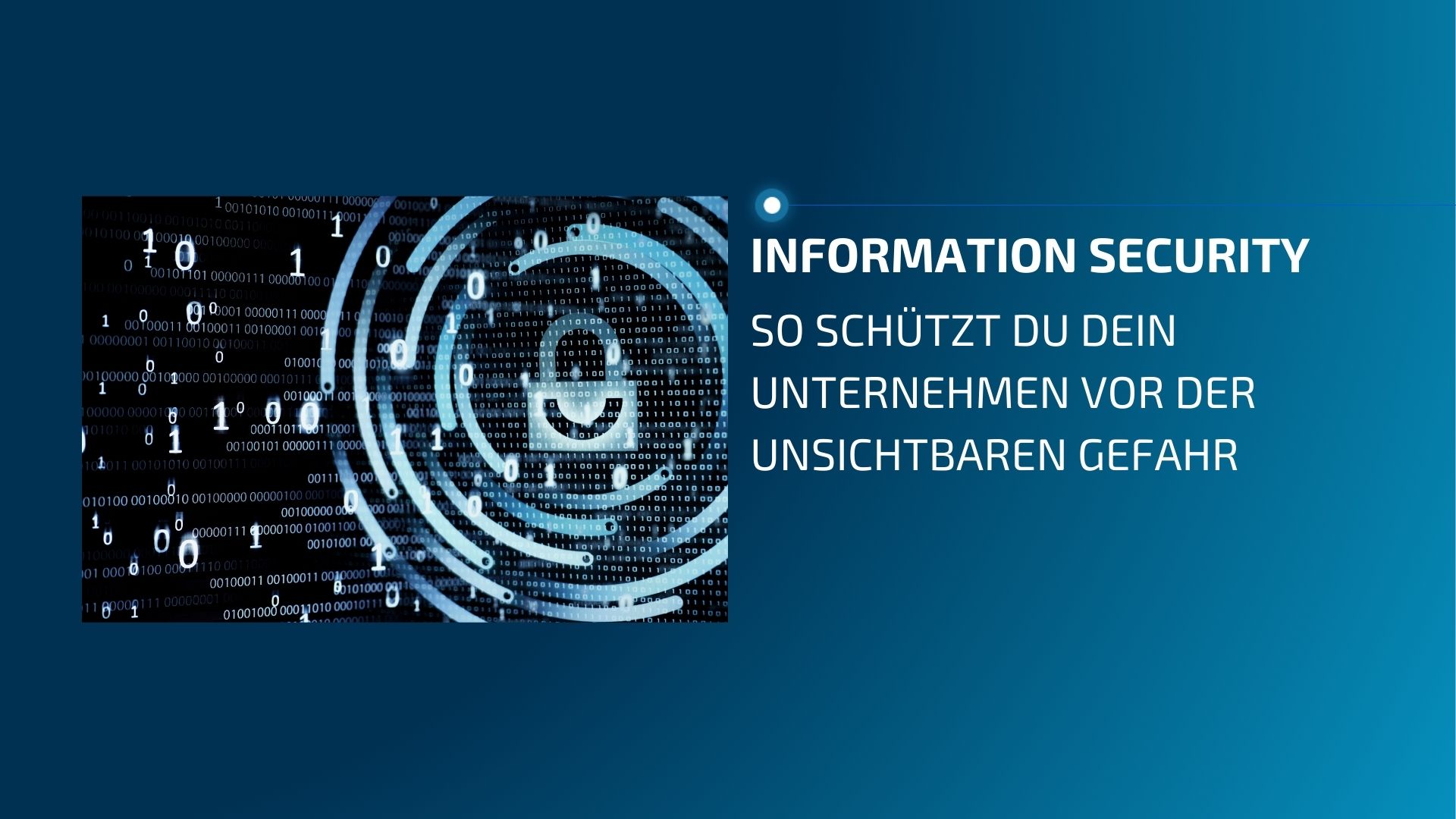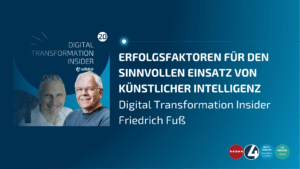
Information Security
So schützt du dein Unternehmen vor der unsichtbaren Gefahr
Thema: Information Security, Datenlecks, Cyberkriminalität
Im digitalen Zeitalter steigt die Bedrohung durch Cyberkriminalität exponentiell an – 2024 liegen die weltweiten Kosten bereits bei 95 Billionen USD und werden weiter steigen. Doch wie können Unternehmen ihre digitalen Assets effektiv schützen, ohne ihre Innovationskraft einzuschränken? In diesem Blogbeitrag erfährst du, wie du dein Unternehmen durch gezielte Maßnahmen sicherer machst, und wie spielerische Ansätze dir helfen, Informationssicherheit nachhaltig in deiner Organisation zu verankern.

Cyberbedrohungen ernst nehmen
Warum der Mensch der entscheidende Faktor ist
Cyberkriminalität nimmt mit einer Wachstumsrate von 600 % seit der Pandemie drastisch zu. Besonders betroffen sind kleine und mittlere Unternehmen, die oft die Ziele von Cyberangriffen werden. Laut IBM ist der finanzielle Schaden eines Datenlecks um 10 % gestiegen, und die durchschnittliche Zeit, um ein Datenleck zu identifizieren, liegt bei 204 Tagen. Das zeigt, wie wichtig es ist, ein Bewusstsein für Cybersicherheit zu entwickeln – vor allem, da 94 % der erfolgreichen Cyberangriffe auf menschliche Fehler zurückzuführen sind.
Technische Maßnahmen sind wichtig – aber nicht genug
Viele Unternehmen verlassen sich auf technische Lösungen wie Firewalls oder Antivirensoftware und glauben, damit gut geschützt zu sein. Doch oft wird übersehen, dass Cyberkriminelle immer raffinierter werden und ihre Angriffe anpassen. Ransomware, die den Zugang zu Daten blockiert und Lösegeld fordert, bleibt eine der größten Bedrohungen. Eine umfassende Sicherheitsstrategie benötigt daher mehr als nur technische Tools. Es braucht eine Kultur der Sicherheit, in der Mitarbeiter kontinuierlich geschult und informiert werden.
Lade jetzt unser umfassendes Whitepaper zur Informationssicherheit herunter und erfahre, wie du dein Unternehmen vor den größten Cyberbedrohungen schützt – praxisnah, verständlich und mit innovativen Ansätzen. Hol dir wertvolle Insights und starte direkt durch!
Die Balance zwischen Sicherheit und Effizienz
Informationsklassifizierung als Schlüssel
Eine der größten Herausforderungen besteht darin, die richtige Balance zwischen der Sicherheit sensibler Daten und dem freien Fluss von Informationen im Unternehmen zu finden. Viele Organisationen machen den Fehler, alle Informationen gleich zu schützen. Das führt zu unnötiger Bürokratie und einer verkomplizierten Zusammenarbeit. Durch eine präzise Informationsklassifizierung kannst du jedoch gezielt festlegen, welche Informationen besonders geschützt werden müssen und welche freier zugänglich sein können. So bleibt dein Unternehmen flexibel und innovativ, ohne dabei wichtige Daten zu gefährden.

Menschliche Schwachstellen minimieren
Die größte Schwachstelle in der Cybersicherheit ist der Mensch selbst. Veränderungen wie Firmenübernahmen oder neue Prozesse führen oft zu Unsicherheiten, die Cyberkriminelle ausnutzen. Hier setzt die Idee der Gamification an: Spielerische Ansätze wie der Business Escape Room® ermöglichen es, komplexe Themen der Informationssicherheit spannend und einprägsam zu vermitteln. In einer simulierten Gefahrensituation lernen Mitarbeiter, Risiken zu erkennen und im Team zu bewältigen – ein Ansatz, der besonders im Top-Management gut ankommt.
Studien zeigen, dass der Spieltrieb tief in uns verankert ist und auch Erwachsenen hilft, ihre Potenziale besser zu entfalten. Die Kombination von Lernen und Spielen sorgt dafür, dass Sicherheitsbewusstsein nicht als lästige Pflicht, sondern als spannende Herausforderung wahrgenommen wird
Entdecke den Business Escape Room® – das interaktive Trainingstool, das dein Team spielerisch sicherer macht. Erfahre mehr und buche noch heute eine Demo-Session!
Governance und Organisation
Ein starkes Fundament schaffen
Um Cyberrisiken effektiv zu managen, braucht es ein strukturiertes Organisationsdesign. Dabei spielen nicht nur technische, sondern auch organisatorische Maßnahmen eine Rolle. Aspekte wie Identity- und Access-Management sowie die klare Definition von Verantwortlichkeiten (Responsibility, Accountability, Consulted, Informed – kurz RACI) sind entscheidend, um die Angriffsfläche zu minimieren und den Schutz neuer Ideen sicherzustellen.
Diese Maßnahmen bilden das Rückgrat einer soliden Sicherheitsstrategie und helfen dabei, die täglichen Arbeitsabläufe nicht unnötig zu behindern. So bleibt Informationssicherheit nicht nur ein „Hygienefaktor“, sondern wird zu einem echten Enabler der digitalen Transformation.
Fazit
Die digitale Transformation bietet unzählige Chancen, bringt aber auch neue Risiken mit sich. Wer darauf wartet, bis das eigene Unternehmen Opfer eines Cyberangriffs wird, riskiert nicht nur finanzielle Verluste, sondern auch den Verlust von Vertrauen und Innovationskraft. Mit gezielten Maßnahmen wie der Informationsklassifizierung, einem starken organisatorischen Fundament und innovativen Ansätzen wie dem Business Escape Room™ kannst du dein Unternehmen auf die nächste Stufe der Cybersicherheit heben.
Lass uns gemeinsam dafür sorgen, dass Cyberkriminalität keine Chance hat – und dass dein Unternehmen sicher und zukunftsfähig bleibt.
Bereit, den nächsten Schritt zu machen? Starte jetzt mit 4-advice in eine sichere digitale Zukunft und erfahre, wie du Cybersicherheit spielend leicht in dein Unternehmen integrierst.



